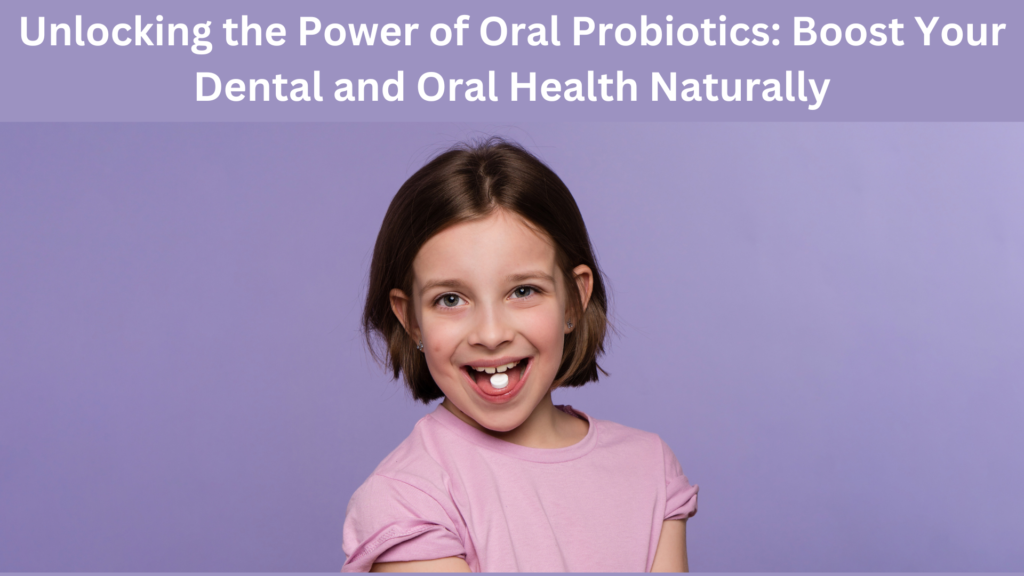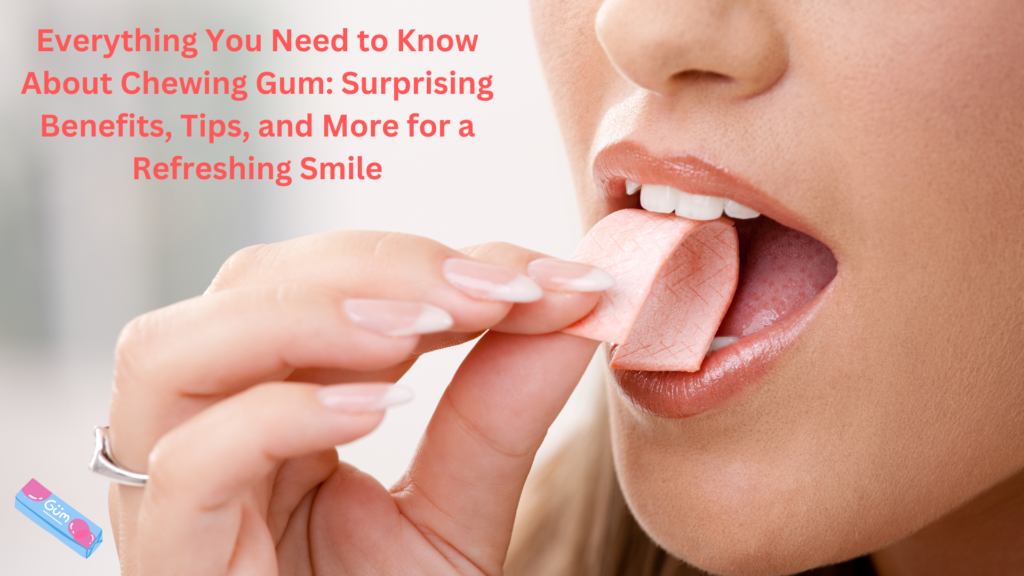
Tongue Cleaner Your Gateway to Fresh Breath
What is a Tongue Cleaner?
A tongue cleaner, also known as a tongue scraper or tongue brush, is a handheld tool specifically designed to remove bacteria, debris, and coating from the surface of the tongue. It is typically made of plastic, or metal or wood.
The tongue typically has a natural pink color. However, if it is not cleaned regularly, it can develop a white, yellow, or colored coating, which can negatively impact your hygiene, appearance, and overall persona. Regular tongue cleaning can also enhance your sense of taste.
This post may contain affiliate links which means we may receive a small commission (at no additional cost to you) for purchases made through links. We include products we think are useful for our readers. Learn more on our Disclaimer page.
Causes of Tongue Coating
The development of tongue coating can be attributed to the lack of mechanical stimulation and cleaning.

Coated tongue can have negative impacts on both oral and systemic health.
- The tongue’s upper surface is not smooth like the mucosa of the cheeks and lips, and it has hair-like projections and uneven surfaces that can easily trap food debris, microorganisms, and dead cells that have exfoliated. Inadequate cleaning of the tongue is also a contributing factor.
- Inadequate leaning of the tongue is one of the primary reasons of the tongue coating.
- Individuals who are hospitalized or debilitated and unable to properly clean and rinse their mouth can develop tongue coating.
- Tongue coating can develop more easily in people with deep fissures or grooves present on their tongue.
- Individuals with dry mouth can develop tongue coating due to a lack of cleaning.
- Certain medications can cause dry mouth and also contribute to the discoloration of tongue coatings.
- Excessive use of antibacterial medications, including mouthwashes, can promote fungal growth and lead to tongue coating.
- Heavy use of mouthwashes, particularly those that contain alcohol can disrupt the oral microbiome, promote fungal growth, reduce saliva production, and ultimately results in oral dryness and tongue coating.
- In cases where the tongue is inactive due to reasons such as tongue surgery or paralysis, the lack of mechanical stimulation and cleaning can also contribute to tongue coating.
Consequences of Tongue Coating:
- Tongue coating can lead to bad breath, and also contribute to tooth decay and gum disease due to the accumulation of food debris and germs.
- Germs on the tongue can produce malodorous sulfur compounds and fatty acids, which can worsen bad breath.
- Brushing a coated tongue against the palate can cause irritation, gagging, or even vomiting.
- The debris on the tongue can be drawn into the tonsillar fissures and throat, which can cause the development of tonsillar stones, recurrent throat or respiratory infections, and ultimately worsen bad breath.
- Loose debris on the tongue can be easily dislodged and aspirated into the lungs, potentially causing pneumonia.
- Coated tongue can have implications for both oral and overall health.
Choosing the Perfect Tongue Cleaner
Consider the Material
When selecting a tongue cleaner, it’s essential to consider the material it’s made of. Stainless steel tongue cleaners are popular due to their durability and ease of cleaning. They are also hygienic, as stainless steel is less likely to harbor bacteria. Alternatively, plastic tongue cleaners are lightweight and often more affordable. However, ensure that the plastic used is of high quality and free from harmful chemicals such as BPA.
Stainless steel tongue scraper (open-end)
Stainless steel tongue scraper (close-end)
Tongue brush
Opt for Ergonomic Design
Using a tongue cleaner should be a comfortable and efficient experience. Look for a tongue cleaner with an ergonomic design that fits comfortably in your hand. It should have a non-slip grip to ensure proper control and manoeuvrability while cleaning your tongue. Ergonomic design not only enhances the effectiveness of the tongue cleaner but also makes the process more enjoyable.
Stainless steel tongue scraper with ergonomic design
Look for Durability and Ease of Cleaning
A tongue cleaner should be able to withstand regular use without losing its functionality. Choose a tongue cleaner that is durable and made to last. Additionally, opt for a design that is easy to clean to maintain optimal hygiene. Tongue cleaners with detachable heads or ones that can be sterilized are excellent choices as they allow for thorough cleaning and prevent bacterial buildup.
Steel tongue scrapers are durable and hygienic because they can be sterilized easily, but they can potentially injure the tongue if not used properly. However, tongue brushes are safer to use, especially for people with a sensitive gag reflex, but they are less durable than steel scrapers and may need to be replaced more frequently.
Using a Tongue Cleaner: Step-by-Step Guide
Preparing Your Tongue Cleaner
Before using your tongue cleaner, ensure that it is clean and free from any debris or bacteria. Rinse it thoroughly with warm water and, if necessary, then only use an antibacterial mouth rinse to sanitize it. Allow it to air dry or pat it dry with a clean towel.
Proper Technique for Tongue Cleaning
To effectively clean your tongue, follow these steps:
- Stand in front of a mirror and stick your tongue out as far as possible.
- Place the tongue cleaner at the back of your tongue and gently glide it forward towards the tip.
- Apply light pressure and scrape the surface of your tongue in a smooth, sweeping motion.
- Rinse the tongue cleaner after each scrape to remove any accumulated debris.
- Continue the scraping motion from back to front until you have cleaned the entire surface of your tongue.
- Rinse your mouth thoroughly with water to remove any loosened bacteria or debris.
- Don’t forget to brush and floss your teeth before cleaning your tongue.
Other Preventive Measures
- Thoroughly rinse your mouth after each snack or meal.
- A diet that includes balanced roughage can promote self-cleaning action of the tongue.
Safety Measures to Follow
While using a tongue cleaner is generally safe, it’s essential to exercise caution to prevent any potential injuries or discomfort. Cleaning the tongue too vigorously can damage taste buds and tongue tonsils, while improper use of a tongue cleaner may induce gag reflex or vomiting, cause bacterial entry into the bloodstream, and make the tongue rougher and more keratotic. Here are some safety measures to keep in mind:
- Avoid applying excessive pressure on your tongue, as this can lead to irritation or injury.
- Clean your tongue gently to avoid causing any damage to the taste buds or the delicate tissues.
- If you have any open sores or wounds on your tongue, it is advisable to avoid tongue cleaning until they have healed.
- After using a tongue cleaner, clean it thoroughly and store it in a clean and dry place to prevent bacterial growth.
Conclusion
Tongue cleaning is an essential part of maintaining good oral hygiene. Using a tongue cleaner can help remove bacteria, food particles, and dead cells from the surface of your tongue, improving your breath and overall oral health. Regular tongue cleaning can also help prevent cavities, gum disease, and other oral problems. When choosing a tongue cleaner, it’s important to consider the material, shape, and size to ensure it is comfortable and effective. Regular use of a tongue cleaner, in combination with brushing and flossing, can help prevent oral health problems and maintain a fresh and healthy mouth. So, if you’re looking to take your oral hygiene to the next level, consider adding a tongue cleaner to your dental routine.
Frequently Asked Questions (FAQs)
Can a Tongue Cleaner Help with Bad Breath?
Yes, using a tongue cleaner is an effective way to combat bad breath. By removing bacteria, food particles, and debris from the surface of the tongue, a tongue cleaner eliminates the source of odor-causing compounds, resulting in fresher breath.
How Often Should I Clean My Tongue?
It is recommended to clean your tongue at least once a day, preferably in the morning before brushing your teeth. However, you can also incorporate tongue cleaning into your bedtime oral hygiene routine.
Is Tongue Cleaning Painful?
Tongue cleaning should not be painful if done correctly. Remember to use gentle pressure and avoid scraping too forcefully. If you experience any discomfort or pain, adjust your technique or consult
Can Children Use a Tongue Cleaner?
Yes, children can use a tongue cleaner, but it’s important to supervise them to ensure they use it properly and safely. Choose a tongue cleaner suitable for their age and teach them the correct technique.
Are There Any Alternatives to Tongue Cleaners?
While tongue cleaners are the most effective tool for cleaning the tongue, there are a few alternatives you can consider:











